AARP Hearing Center

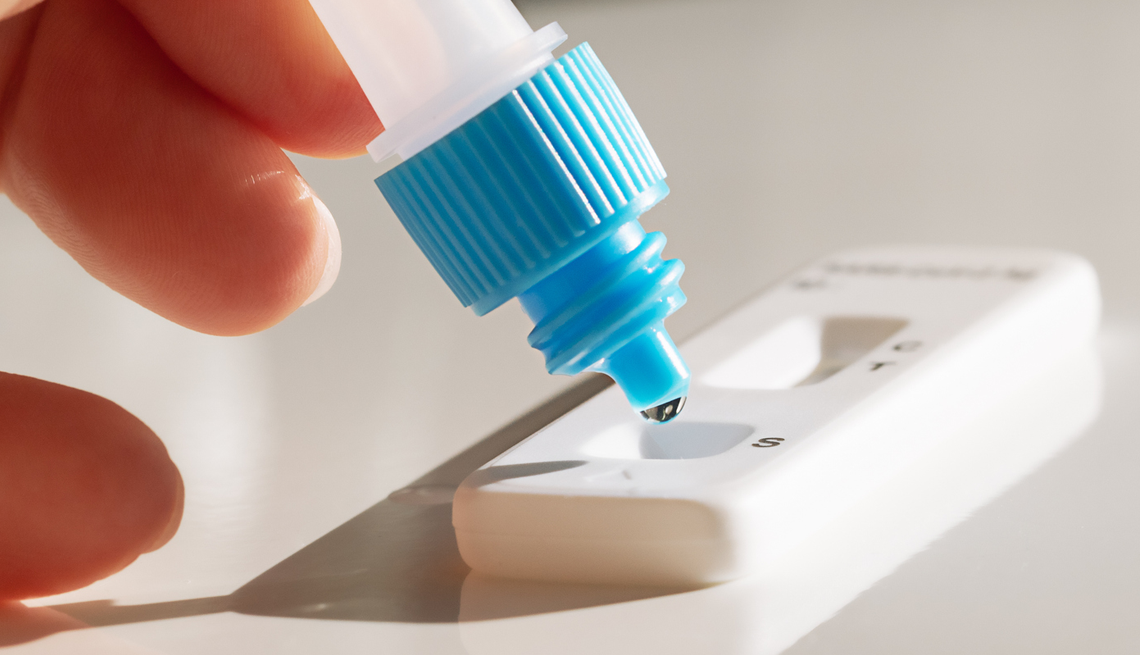
People in the U.S. will once again be able to get free at-home COVID-19 tests from the federal government, just in time for the start of respiratory virus season.
Toward the end of this month, each household will be eligible to order four tests at COVIDTests.gov that will be shipped directly to their residence. Public health officials confirmed that these tests are capable of detecting the latest coronavirus variants circulating and causing infections.


LIMITED TIME OFFER: Labor Day Sale!
Join AARP for just $9 per year with a 5-year membership and get a FREE Gift!
Tests remain a key tool for older adults
Doctors and public health experts have long stressed that testing is especially important for older adults who experience fever, cough, sore throat or other symptoms that could signal COVID-19. The main reason is “so that they can get an antiviral as soon as possible,” said Jodie Guest, a professor and senior vice chair in the department of epidemiology at Emory University’s Rollins School of Public Health.
COVID risks increase with age
According to the CDC, age is the most important risk factor for serious complications from COVID-19, and the risk increases substantially after age 65.
In clinical trials and real-world studies, antiviral treatments have been shown to significantly reduce the risk of hospitalization and death in people at high risk for severe illness, a population that includes older adults.
For a medication to be effective, “it needs to be taken early in the course of your illness,” Centers for Disease Control and Prevention (CDC) Director Mandy Cohen, M.D., said in a recent news briefing. According to the CDC, treatment should be started within five to seven days of when COVID symptoms start.
Paxlovid, the most commonly used oral antiviral, is free through the end of 2024 for people with Medicare or Medicaid through a U.S. government patient assistance program operated by the drug’s maker, Pfizer. The treatment is also free for people without health insurance through a patient assistance program. [Read more about how to access COVID-19 treatments on AARP.org.]
Testing for COVID if you’re not feeling well can help prevent the spread of the illness, since it’s recommended that individuals with an infection stay away from others until they’re feeling better and symptoms, including fever, have subsided for at least 24 hours.

































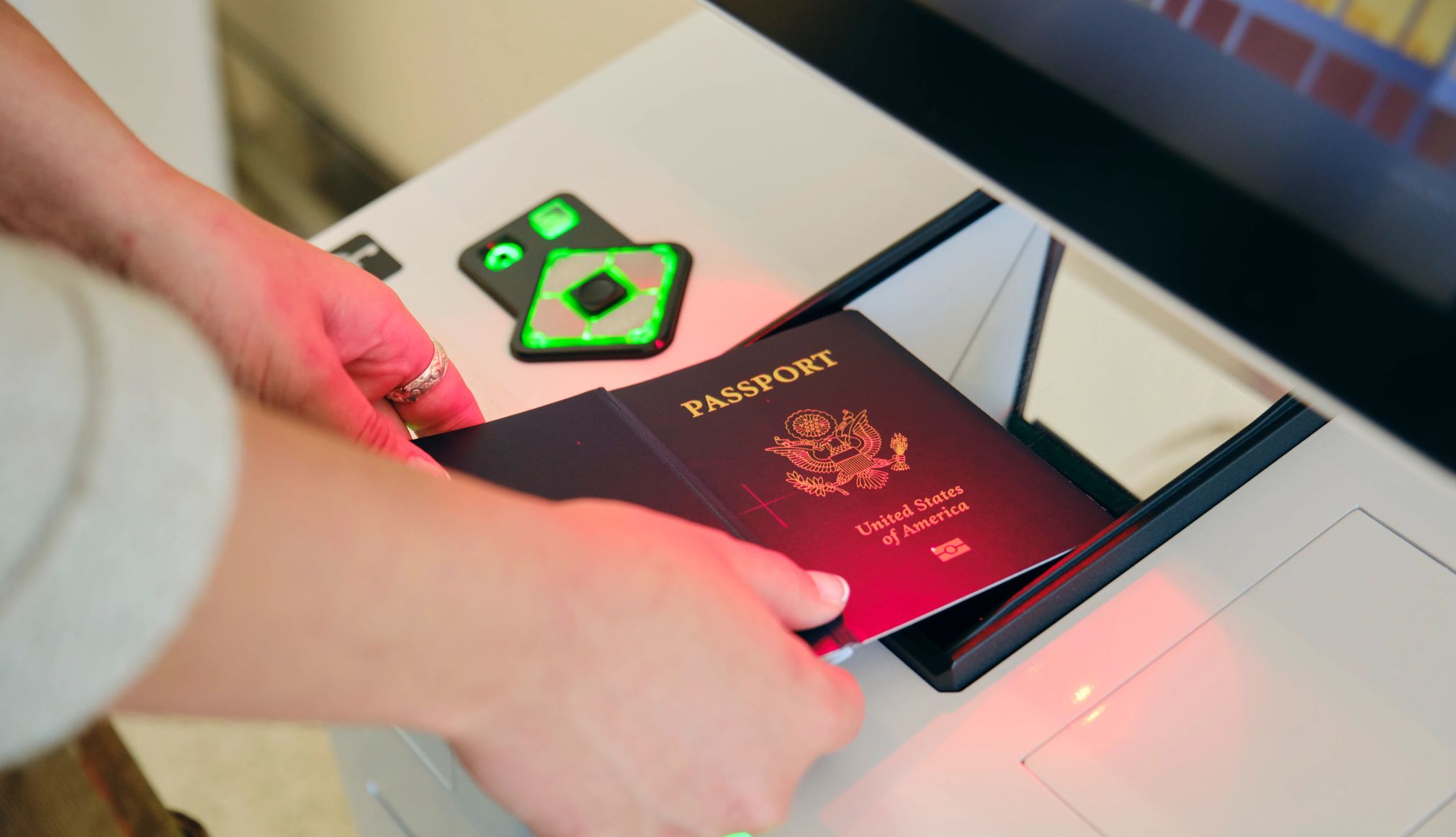























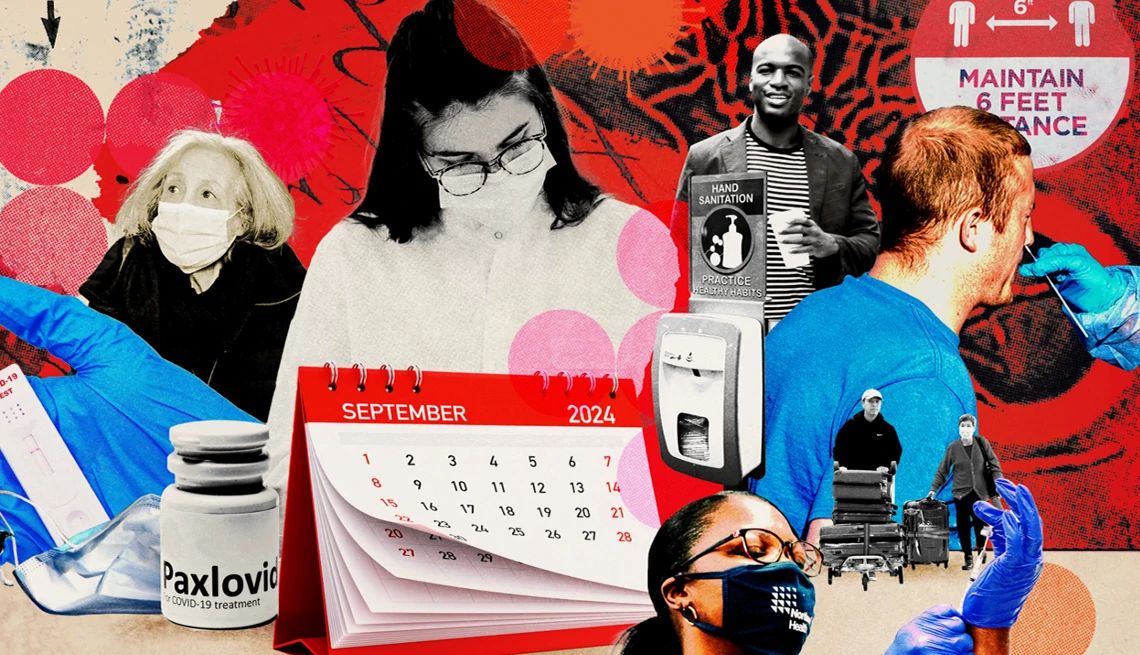
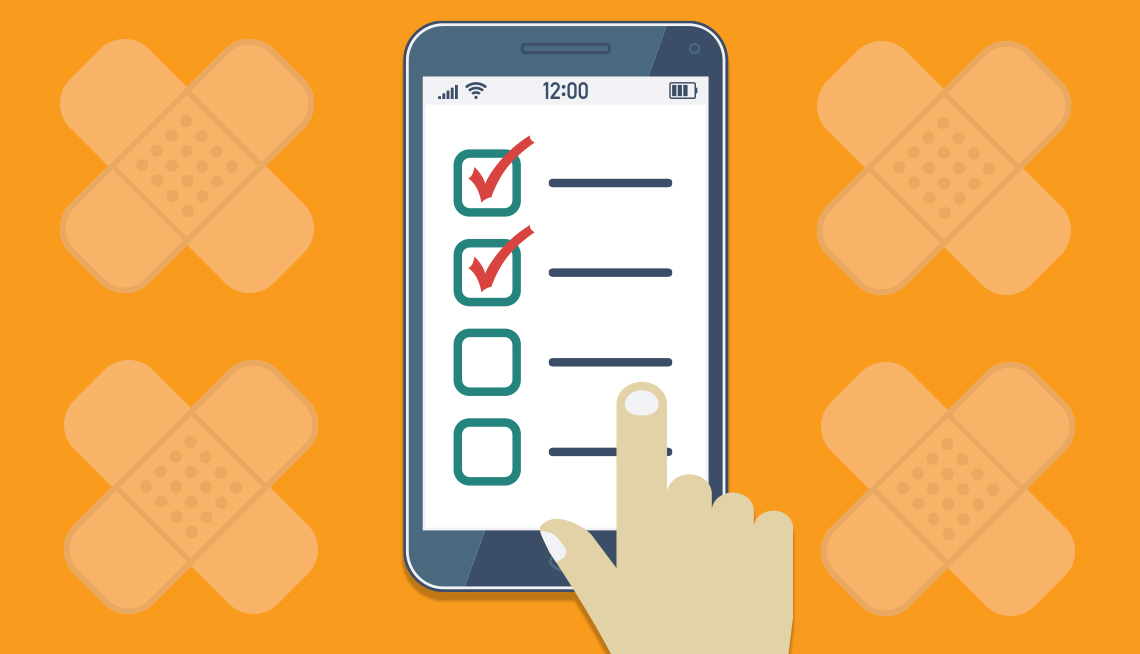
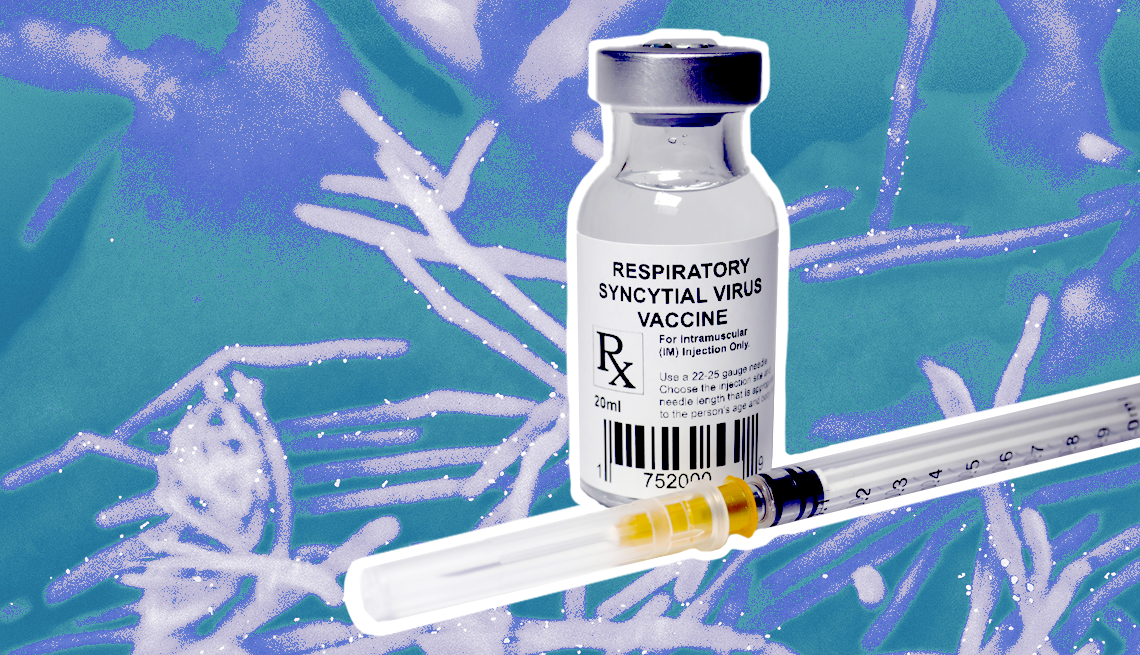







More From AARP
Have COVID-19? Here’s How Long You Need to Isolate
CDC updates guidelines for people with a coronavirus infectionAre COVID Treatments Still Free?
Here’s what to expect now that the medications are commercially availableWhat It’s Like to Catch COVID Over and Over
He’s had four bouts so far, and he says it has changed himRecommended for You